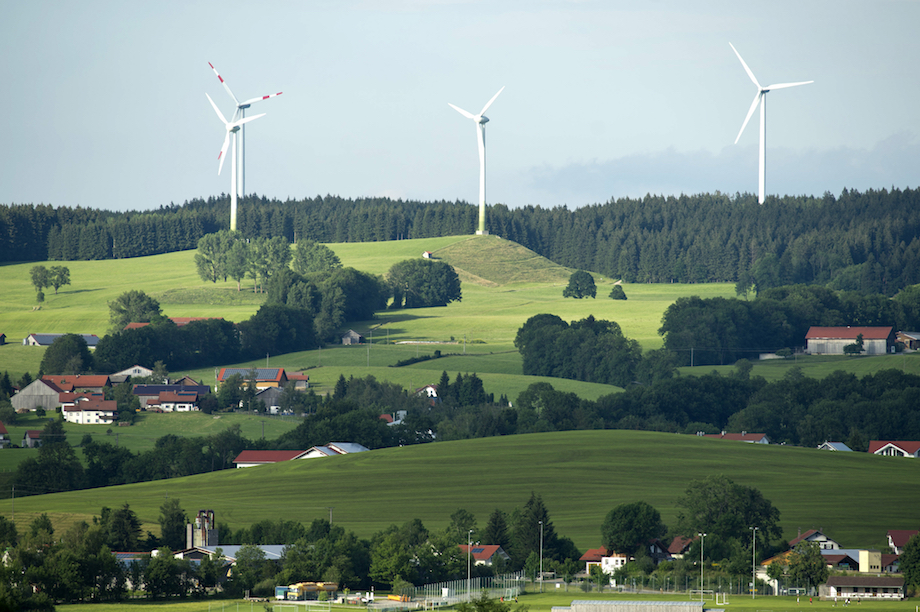Germany’s federal energy regulator, the Bundesnetzagentur (BNA), awarded contracts to 57 projects for a total capacity of 363MW.
Just under 400MW of bids had been put forward for a total available volume of 670MW, the BNA said,
Bid prices ranged from €50/MWh to €63/MWh, with a weighted average of €62.60/MWh.
This marks an increase on the €40-€63/MWh price range and €61.60/MWh average in Germany’s last tender in August.
Most of the successful bids came from Bavaria and Brandenburg (both ten), followed by Lower Saxony and North Rhine-Westphalia (both six).
Permitting woes continue
The German wind energy association (BWE) said that a "drastic" extension of the permitting process was to blame for the tender being undersubscribed.
"Increased licensing requirements, a lack of legally compliant regional plans and an increase in complaints against granted permits" had increased the length of the permitting process, it stated.
The BWE added that due to tight implementation periods, legal disputes regularly prevent developers from participating in tenders.
Under 400MW of bids were put forward in the latest tender despite 921MW of projects being eligible to take part, the BWE pointed out.
BWE President Hermann Albers explained that the industry would continue to face expansion problems in 2019 and 2020 due to uncertainty about the realisation of unpermitted projects and lengthy legal procedures.
Albers added: "In addition, due to the difficult approval situation, the reference volume remains well below the already low expansion target anyway. Thus, the politically induced collapse of wind energy continues unchecked."
Proposed fixes
The BWE called for the government to set a clear "time and quantity framework" for tenders to take place and help the country meet its target of sourcing 65% of its energy from renewable sources by 2030. This would include between 4.5GW and 5GW of newly allocated renewable energy capacity annually, it suggested.
It also called for an acceleration of the permitting process, and asked whether Germany’s Planning Acceleration Act could be extender to new power generation facilities.
The BWE added that both government and industry needed to better explain the necessity of the energy transition (Energiewende). It added that it was working on a "concrete proposal to increase the participation of the local community in value creation".
WindEurope also argued that permitting challenges were to blame for the shortfall in bids. It stated that many developers face legal challenges to their permit and wanted to avoid being exposed to penalties for not delivering the project as promised.
CEO Giles Dickson said: "Germany needs to address this. Otherwise the auctions will continue to be undersubscribed and the prices will be higher than they should be."
He added: "This adds to the uncertainty already facing wind in Germany, with the coalition failing still to define the auction volumes for the coming years.
"The wind industry is already laying people off in Germany. The government have got to sort things out fast."
In a separate auction on the same day as the most recent wind tender, prices for solar PV ranged between €38.60/MWh and €51.50/MWh, with a weighted average of €46.90/MWh. In total, 76 bids were entered for a combine capacity of 551MW - three times more than the 182MW available.

.png)



.png)









